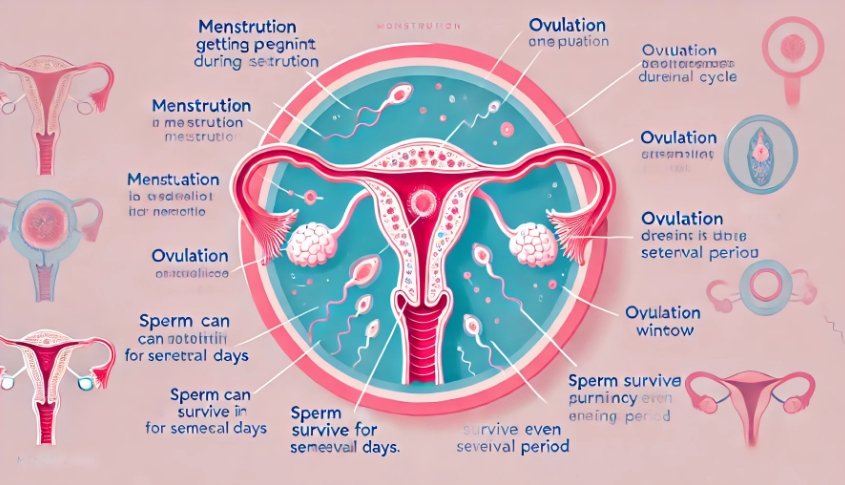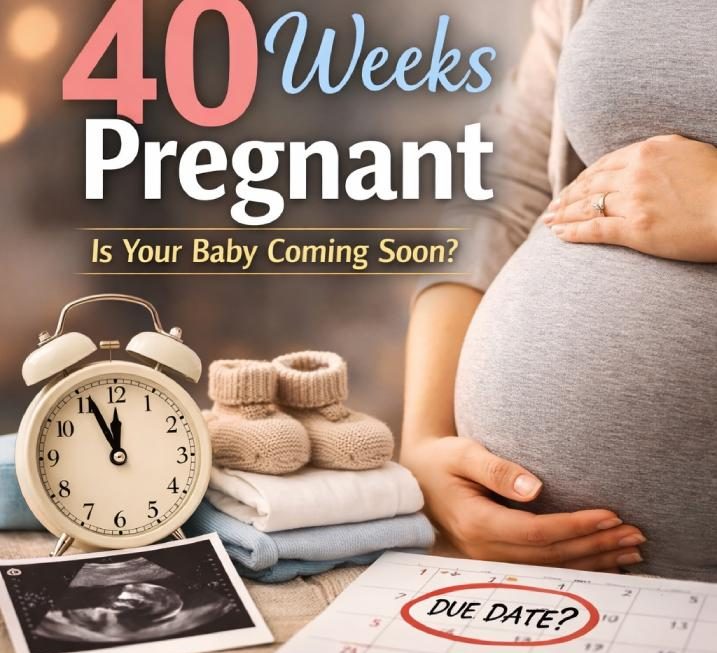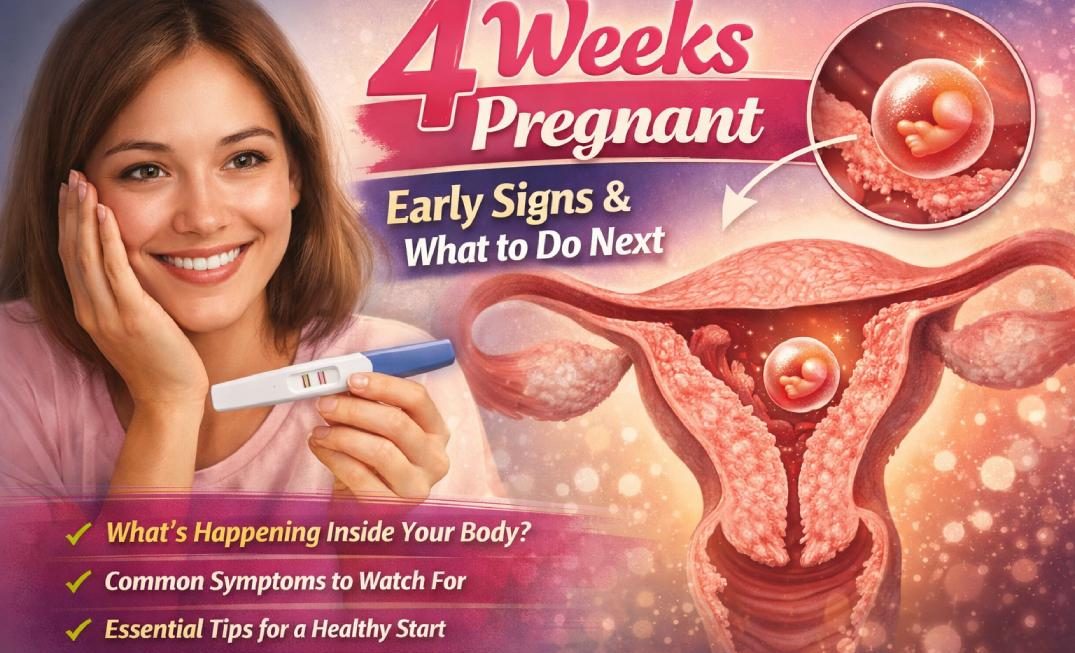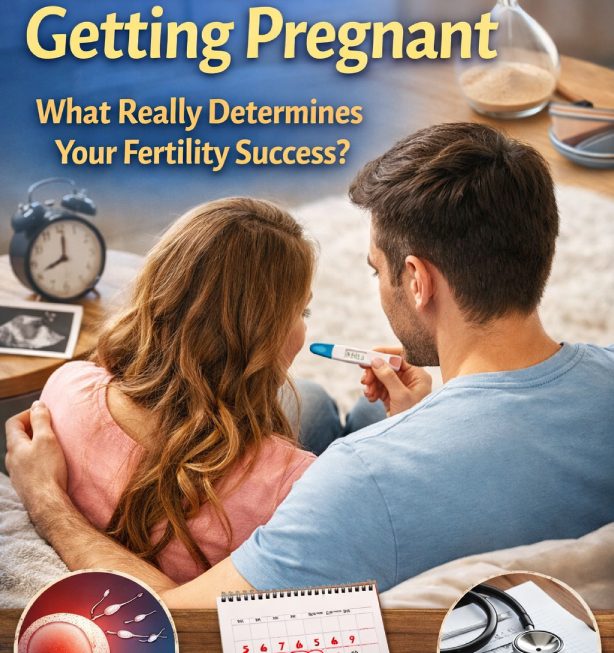Many women believe that menstruation is a “safe” period when pregnancy isn’t possible. While it’s less likely, it’s far from impossible. This misconception has led to unexpected pregnancies for many women who think they’re in the clear during this time. Understanding how your menstrual cycle and fertility windows work can help shed light on this tricky topic. Let’s dive deep into the science of fertility, ovulation, and whether it’s possible to get pregnant during your period.
What Happens During Your Menstrual Cycle?
Your menstrual cycle is a monthly process in which your body prepares for pregnancy. Every month, your ovaries release an egg during ovulation. If this egg isn’t fertilized by sperm, your body sheds the lining of your uterus, resulting in your period. While this seems like a simple process, there’s a lot more going on behind the scenes that impacts your fertility.
The typical menstrual cycle lasts around 28 days, though it can vary between 21 to 35 days. Here’s how it usually breaks down:
- Days 1-5: Menstruation, or your period. This is when your uterus sheds its lining.
- Days 6-14: Follicular phase. Your body starts preparing for ovulation by maturing an egg in the ovaries.
- Day 14: Ovulation. The egg is released from the ovary and is ready to be fertilized.
- Days 15-28: Luteal phase. If the egg isn’t fertilized, it dissolves, and the cycle starts over.
Most women ovulate about 14 days before their next period, meaning they are most fertile in the days leading up to and just after ovulation. However, sperm can survive in the body for up to five days, and some women may ovulate earlier or later than expected. This variability is one reason why it’s possible to get pregnant while on your period.
Can You Ovulate During Your Period?
Ovulation and menstruation don’t typically happen at the same time, but here’s the catch—cycles can be unpredictable. Some women have shorter cycles or irregular periods, which means ovulation can happen shortly after their period ends. If you have sex toward the end of your period, and sperm are still around when you ovulate, pregnancy can occur. It’s also possible for women with very short cycles (around 21 days) to ovulate as soon as they stop bleeding.
How Long Can Sperm Survive?
Sperm can live in the female reproductive tract for up to five days. If you have unprotected sex during your period and ovulate soon after, there’s a chance those sperm will still be alive and capable of fertilizing an egg. This is especially true if you have a short menstrual cycle or ovulate early.
Is It Likely to Get Pregnant on Your Period?
While it’s less likely to get pregnant during your period, it’s not impossible. Let’s look at the factors that can influence the chances:
1. Cycle Length Matters
If you have a short menstrual cycle, say 21 or 22 days, you might ovulate soon after your period. For example, if you have sex on the last day of your period and ovulate three or four days later, sperm may still be alive and waiting to fertilize an egg. Women with shorter cycles are more likely to get pregnant during their periods than those with longer cycles.
2. Irregular Periods Can Make Timing Tricky
Women with irregular periods are at an even greater risk of getting pregnant during menstruation because their ovulation dates are harder to predict. If your cycle varies from month to month, it’s difficult to know exactly when you’re ovulating. This unpredictability increases the risk of sperm meeting an egg, even if you’ve just finished your period.
3. Sperm’s Survival Rate
As mentioned, sperm can live for several days inside your body. This means if you have sex during your period, especially toward the end, those sperm may still be around when you ovulate.
How Your Menstrual Cycle Influences Pregnancy Risk
Now that we’ve covered the basics, let’s look at how each part of your menstrual cycle can impact your chances of getting pregnant.
Early Menstrual Phase (Day 1-5)
During the early days of your period, the chance of getting pregnant is lower. You’re actively shedding your uterine lining, which makes it less likely for an egg to implant even if sperm are present. However, if you have a very short cycle or irregular periods, it’s still possible that sperm could survive long enough to fertilize an egg.
Late Menstrual Phase (Day 5-7)
If you have a shorter cycle or ovulate earlier than average, your fertility window may open sooner than you think. This is where things get tricky—if you have sex toward the end of your period and sperm are still present when you ovulate, you could conceive.
Ovulation and Fertility Window
Your fertility window is typically the five days leading up to ovulation, as well as the day of ovulation itself. This is when you’re most likely to get pregnant. If you’re tracking your cycle, this is the time to either avoid sex if you’re not trying to conceive or actively try if you are. Even though this window is usually outside of your period, shorter or irregular cycles can blur the lines.
Late Ovulation
For some women, ovulation happens later than the average Day 14. If you ovulate late in your cycle and have unprotected sex during your period, pregnancy could still occur. Even if you think you’re in a “safe” zone, late ovulation can throw off your calculations.
FAQs: Common Questions About Getting Pregnant on Your Period
1. Can you get pregnant the first day of your period?
It’s unlikely but possible. Sperm would need to survive long enough for you to ovulate, which typically happens later in your cycle. However, if you have a very short cycle, pregnancy could occur.
2. What are the chances of getting pregnant during your period?
The chances are lower than during your ovulation period but not zero. The likelihood depends on your cycle length, sperm survival, and timing of ovulation.
3. How long can sperm survive inside you?
Sperm can live up to five days in the female reproductive system. This means that if you ovulate shortly after your period, sperm could still fertilize an egg.
4. Can irregular periods increase the risk of pregnancy during menstruation?
Yes, irregular periods can make it difficult to predict ovulation. If you ovulate shortly after your period, pregnancy is more likely.
5. Is there a “safe” time during your cycle when pregnancy isn’t possible?
No time is 100% safe. While the risk is lower during certain phases of your cycle, it’s possible to get pregnant at almost any point if you have unprotected sex.

Conclusion: Understanding Your Body and Protecting Against Unplanned Pregnancy
While getting pregnant during your period is less common, it’s certainly not impossible. Factors like cycle length, sperm survival, and ovulation timing all play a role in determining your risk. If you’re looking to avoid pregnancy, it’s important to use protection consistently, regardless of where you are in your cycle.
In summary, your period is not a foolproof form of contraception. To truly understand your fertility and reduce the chances of an unplanned pregnancy, consider tracking your cycle, using birth control, and being aware of how your body works. By doing so, you can make informed decisions and take control of your reproductive health.


